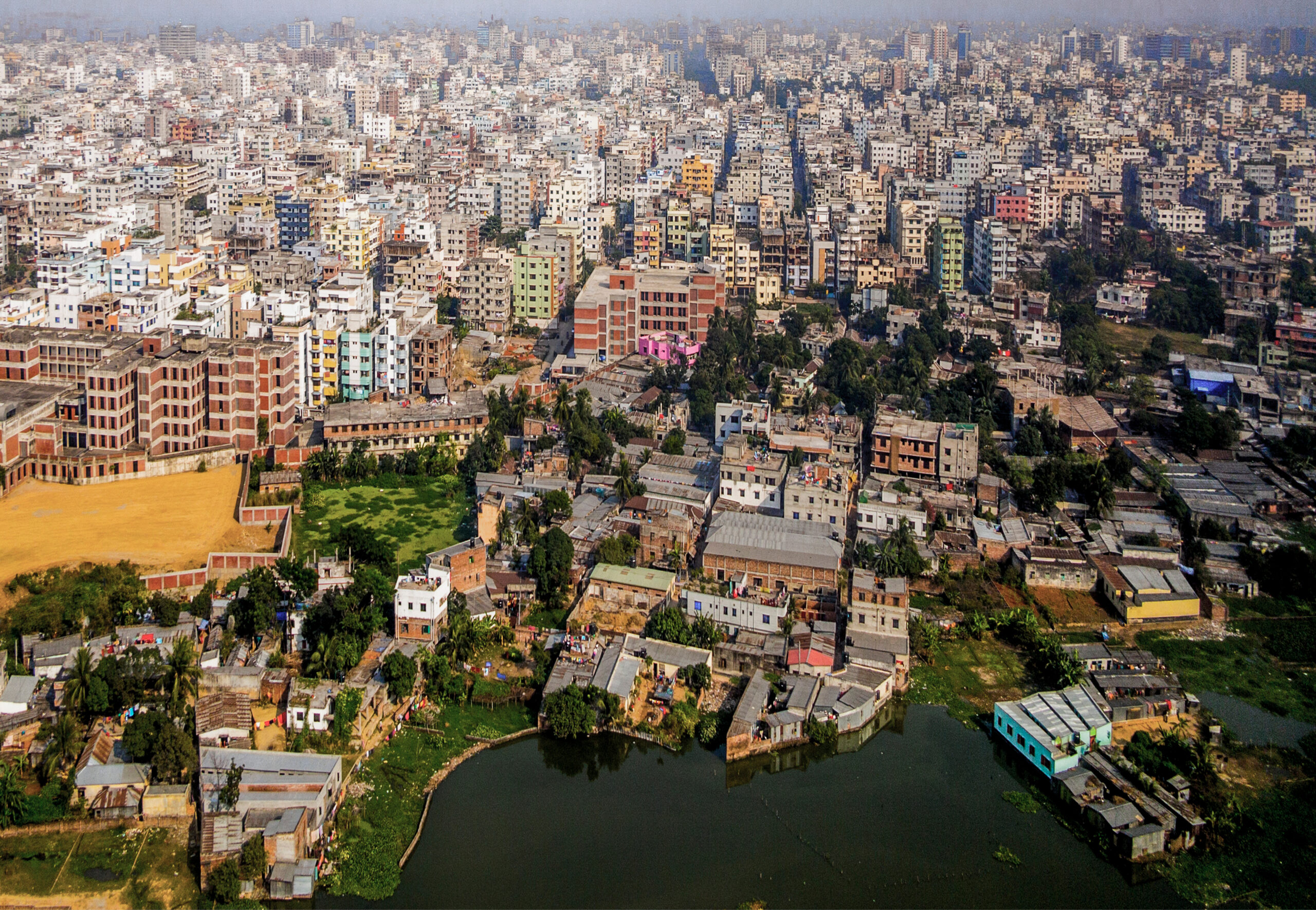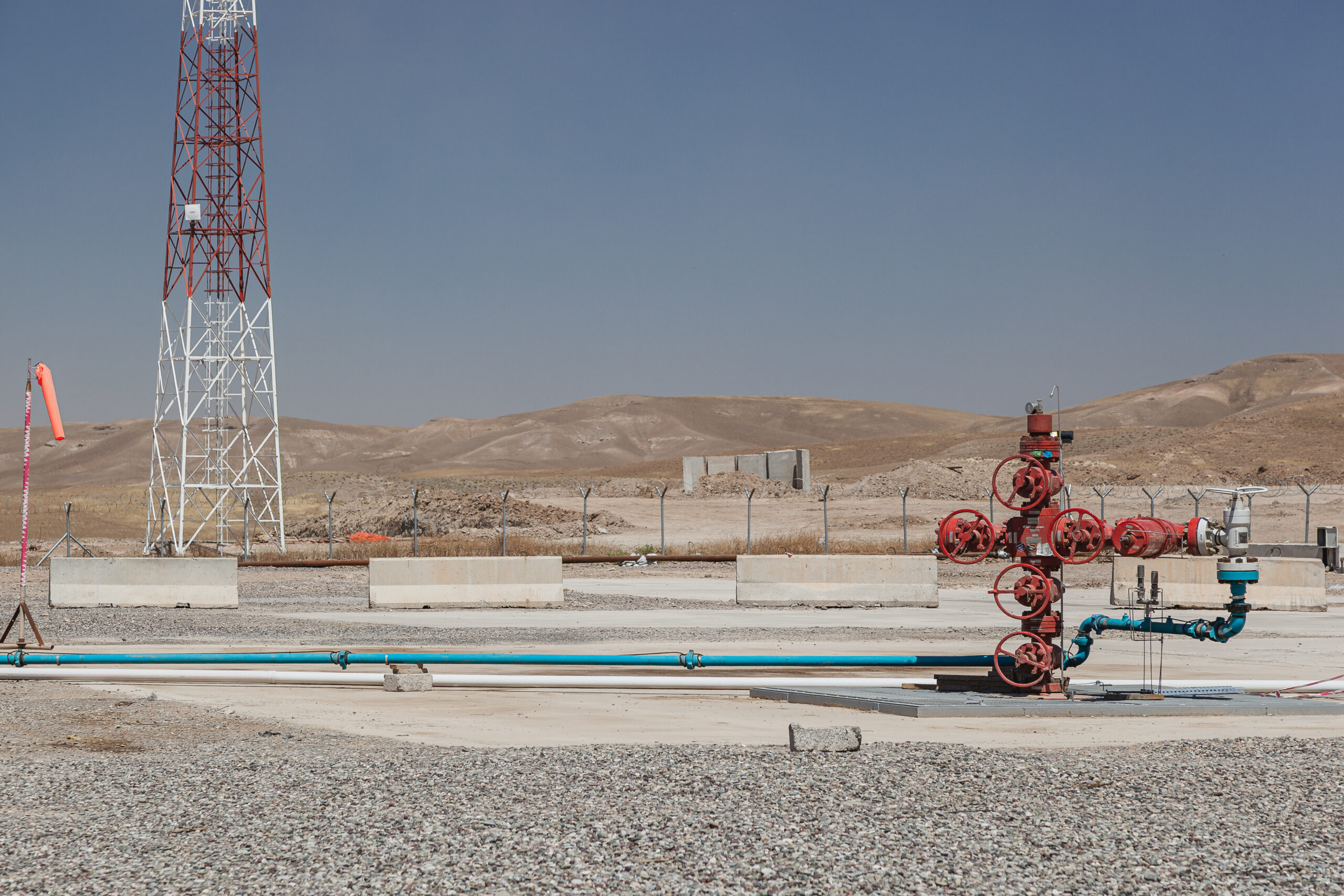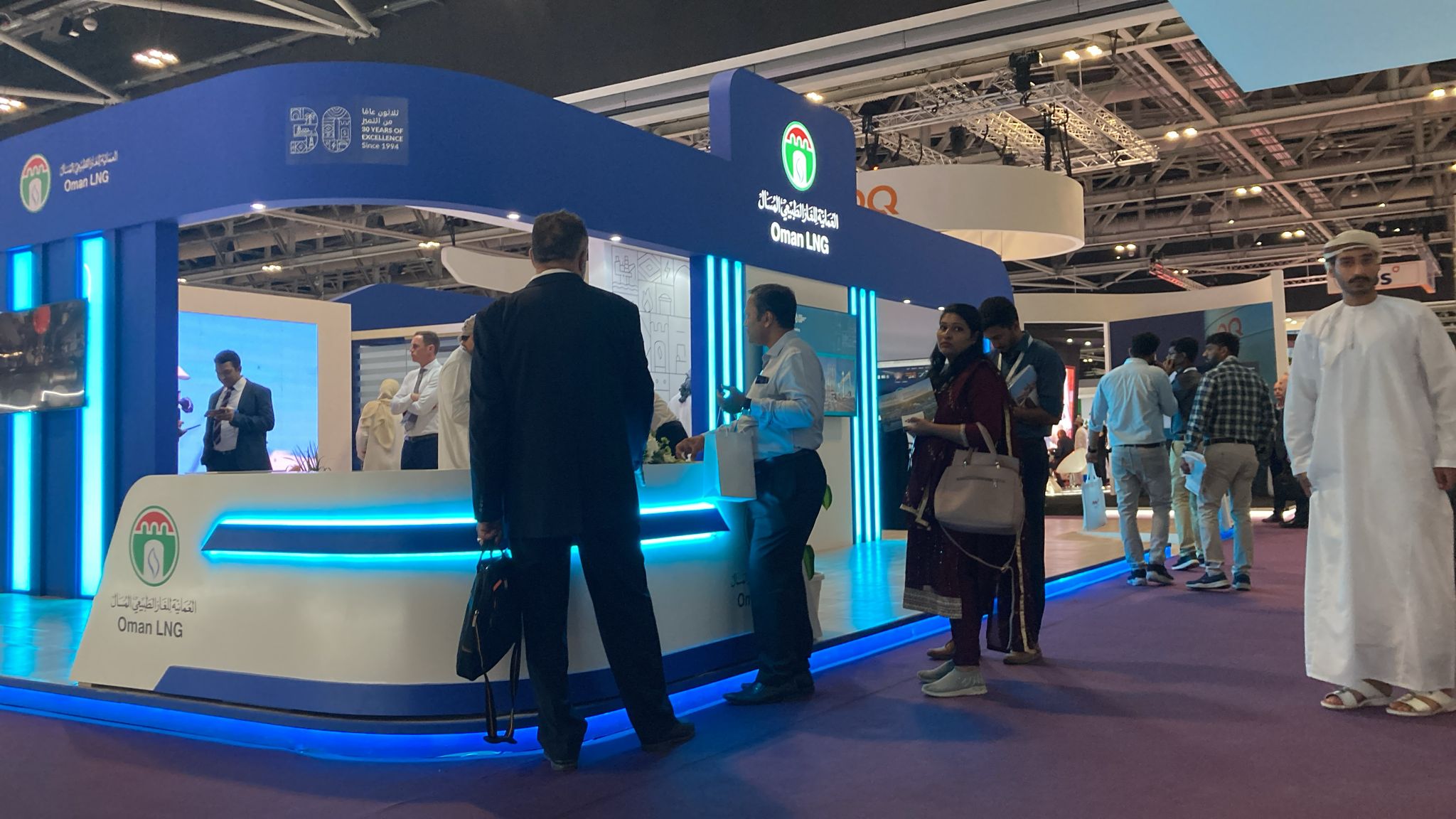Bangladesh gas tariff hike hits power plants, consumers
Last year the Bangladeshi government already raised gas tariffs for power plants by 178.88% cent to Tk 14 per cubic meter.

Gas-guzzling power plants and all types of electricity consumers in Bangladesh are counting higher costs after the government raised tariffs in late February.
The government justified the tariff hikes as a move to gradually cut the huge government subsidy in the gas and power sectors.
A Bangladeshi gas tariff hike was announced on Feb. 27th raising it by Tk 0.75/cubic meter, or 2.5%, to Tk 30.75 (Euro 0.26)/cubic meter for power plants and by Tk 0.75/cubic meter, or 5.36%, for captive power plants run by industries for their internal consumption.
A power tariff hike announcement came on Feb. 29th and the Energy and Mineral Resources Division and Power Division (EMRD) under the Ministry of Power, Energy and Mineral Resources (MPEMR) published separate gazette notifications over the tariff hikes.
The retail-level electricity tariff went up by around 8.50%, or by Tk0.70/ unit (1 kilowatt-hour) on an average, while the bulk tariff increased by 5.0%, or by Tk 0.34/ unit, on average.
Under new tariff adjustments, the average retail-level electricity tariff increased to Tk 8.95/ unit from a previous average rate of Tk 8.25/ unit and the bulk level electricity tariff increased to Tk 7.04/ unit on an average from previous Tk 6.70/ unit.
The least-consuming power consumers are counting an additional Tk 0.28/ unit, while the maximum consuming electricity clients will have to pay an additional Tk 1.35/ unit.
The electricity tariff for irrigation saw a hike by Tk 0.43/unit.
The electricity tariff for lifeline consumers, who use up to 50 units a month, was raised by Tk0.28 to Tk4.63/ unit from Tk4.35.
The electricity tariff for the consumers who use 0 to 75 units of electricity will be Tk5.26/ unit, up by Tk 0.31 per unit, from Tk4.85, and the price for 76 to 200 unit users will be Tk7.20/ unit, up by Tk 0.57, from Tk6.63/ unit.
Electricity users of between 201 and 300 units will have to pay Tk7.59/ unit from now instead of previous Tk6.95, the electricity price of those using between 301 and 400 units will be Tk8.02/ unit from a previous Tk7.34, the electricity price for 401 to 600 unit users will be Tk12.67/ unit from Tk11.51/ unit and the electricity tariff for those retail level consumers who will use electricity above 600 units will be Tk14.61/ unit instead of a previous Tk13.26.
The bulk electricity tariffs are be applicable for state-run distribution companies that sell electricity to the public.
The government also raised wheeling charges for carrying of 33 kilo-volt (KV), 132 KV and 230 KV voltages electricity through the national power grid.
The Bangladesh government last year also raised electricity tariffs at the retail level in three consecutive months — January, February and March — by around 5.0% each time to reduce the price gap between electricity generation costs and sales.
It also then raised bulk electricity tariffs by up to 7.36% on an average with effect from Feb. 1st, 2023.
Government coffers
The government raised gas and power tariffs according to the Bangladesh Energy Regulatory Commission (BERC) Act, 2003 for public interest reasons, to ensure uninterrupted electricity supply, the State Minister for the MPEMR, Nasrul Hamid, told journalists.
Tariffs have been adjusted to minimise government losses caused by high exchange rates of local currency against foreign currencies, he said.
The government incurred losses worth Tk430 billion (3.58 billion euros) in the fiscal year 2022-2023 (July-June) due to the sale of electricity at a lower price than the generation costs, he said.
The Bangladeshi government last year had raised gas tariff for power plants by 178.88% cent to Tk 14/ cubic meter, from a previous rate of Tk 5.02 with effect from February 1, 2023.
Gas tariffs for small and cottage industries were raised by 178.29% to Tk 30 / cubic meter from a previous Tk 10.78.
Rates for captive power plants, small power plants and merchant power plants were raised by 87.50% to Tk 30/ cubic meter from a previous Tk 16.
The hike for big industries was 150.41% to Tk 30/ cubic meter from a previous Tk 11.98.
For medium-category industries, the gas tariff was hiked by 154.66% to Tk 30/ cubic meter from a previous amount of Tk 11.78.
Commercial consumers, including hotels, restaurants and similar business outlets were to pay 12.80% higher (Tk 30.50/ cubic meter from a previous Tk 26.64).
Bangladesh this time, however, did not raise gas tariffs for other consumers except power plants.
Prices remain unchanged in industrial, household, fertiliser manufacturing, CNG, the commercial, and tea industries.
Despite the hike, the government will have to count its financial loss or pay a subsidy worth Tk65.70 billion in the gas sector during the financial year 2023-24 (July to June) due to the difference between the production, import and supply price of natural gas, a MPEMR clarification inked by deputy chief information officer Meer Mohammad Aslam Uddin stated.
Bangladesh has eight customer categories of gas, of them, 37% of gas is used in power generation, 23% in industries, 18% in captive power, 10% in household use, 7% in fertilizer production, 4% in CNG and 1% in the commercial and tea industry.
As a result of this price adjustment, it may be possible to limit the existing subsidy to Tk 60 billion considering the current market price of LNG and the dollar exchange rate with Bangladeshi Taka, the statement concluded.
Bangladesh has initiated importing LNG from international markets in 2018 and it has planned to augment LNG imports in the coming years to meet the mounting natural gas demands of different sectors especially of industries and power plants.



